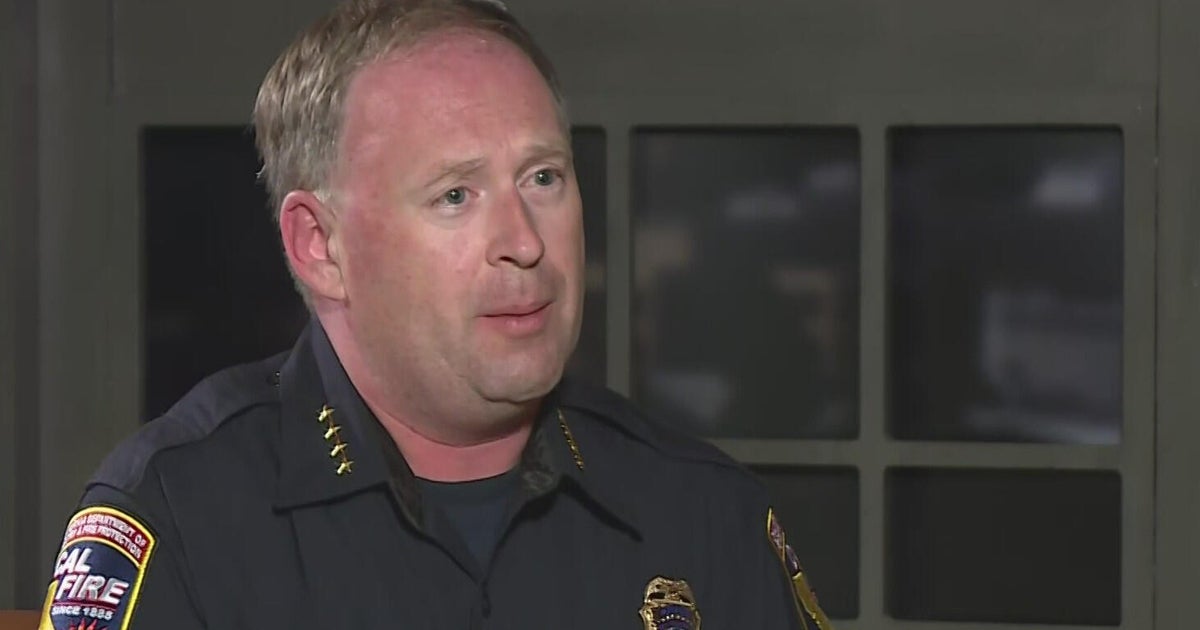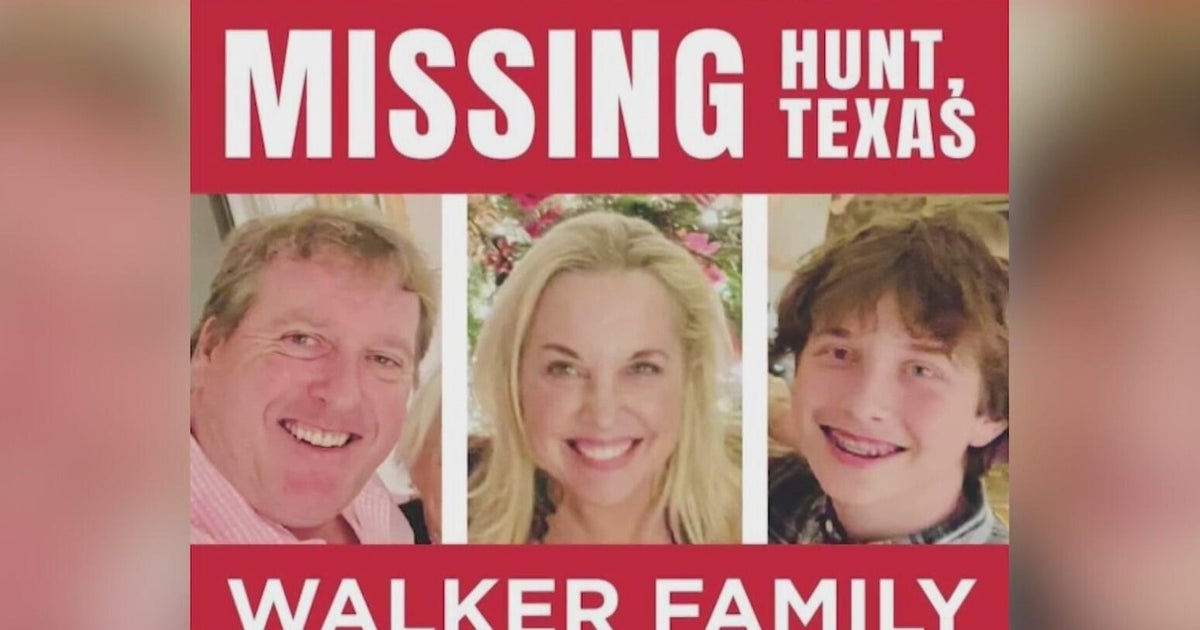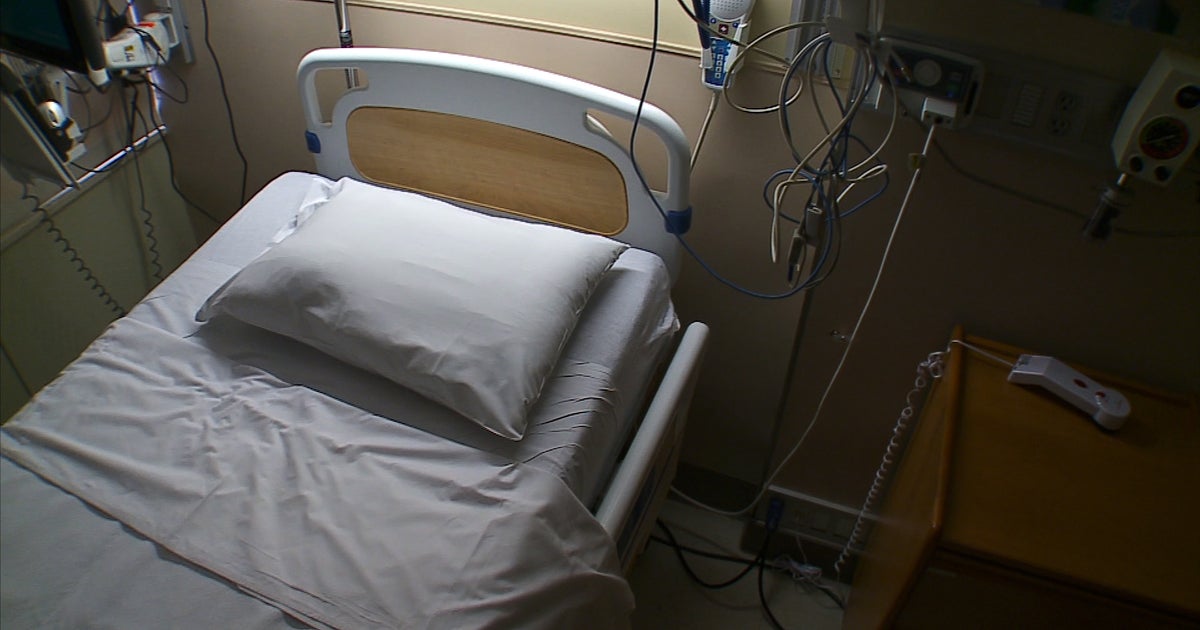Dr. Ghaly: State to Follow CDC Masking Guidelines June 15; No Masks Required for Vaccinated
SACRAMENTO (CBS SF/AP) -- California public health officials on Wednesday announced that the state would follow CDC masking guidelines when the California fully reopens on June 15, with vaccinated residents being allowed to go without masks in most circumstances.
California Health and Human Services Secretary Dr. Mark Ghaly made the announcement during a press briefing Wednesday afternoon.
Ghaly did note that masks would still be required for all residents whether vaccinated or not in certain high-risk and closed settings. Those settings include:
- Public transportation and transportation hubs such as airports and bus or train stations
- K-12 schools indoors
- Health care settings
- Homeless/emergency shelters and cooling centers
"Fully vaccinated people can resume everyday activities without wearing a mask, except in a few limited settings that are required by federal and state rules," explained Ghaly.
Ghaly said that those who aren't vaccinated will be expected to wear masks in indoor settings, but can go without masks outdoors except for when attending large gatherings like concerts or sporting events.
• UPDATE: Cal/OSHA Withdraws Controversial Work Mask Rules
State officials have previously stated their intent to lift most masking requirements when the state lifts its reopening tier system, formally known as the Blueprint for a Safer Economy, on Tuesday.
While the CDC issued its updated masking guidance on May 13, Ghaly and other state officials said they would hold off on implementing the guidance until June 15 to determine how to enforce the new rules.
On Wednesday, Ghaly said that enforcement mechanism will be, more or less, an honor system between businesses and their customers, if a business does not require customers to confirm their vaccination status or require all customers to wear a mask regardless of their status.
"Business owners will need to post requirements that people who are unvaccinated are still required to wear masks," he said. "But if somebody comes into their business or their operation without a mask, it should be considered a self-attestation for someone being vaccinated. We are not requiring businesses to, for example, have somebody at the door checking vaccine status as a way to comply with this."
The state will also not require most businesses to check someone's vaccination status before they are allowed inside without a mask.
"Wearing these masks is not solving anything at this point in time," says Fred Ganjei of Mayers Jewelers. "There's no problem taking them off. Everybody's been vaccinated."
Ganjei, for one, is ready to move on from the mask requirement in his jewelry store. Next week, he'll effectively be able to do that when California allows him to let customers self-attest that they are vaccinated.
It will be up to businesses as to whether they want to go by the honor system, do their own checks for vaccination status, or have their own mask requirements.
So how will businesses respond? Safeway has already announced that it will drop its mask requirement for the vaccinated. Many smaller businesses are ready to do the same.
"It's hard to deal with the customers," Ganjei said. "They don't feel like coming in. It's not good for business anyways. Time to move on, absolutely There's no problem taking them off. Everybody's been vaccinated."
That latitude will not be afforded to indoor events with 5,000 or more attendees, which will be required through at least Oct. 1, to confirm that attendees are fully vaccinated or have tested negative for COVID-19 within 72 hours prior to the event.
Ghaly stayed mum on how the state aligning with the CDC's masking guidance could or should affect the current workplace guidance by the California Division of Occupational Safety and Health, which requires fully vaccinated workers to wear a mask at all times if they are in a room with someone who is unvaccinated.
The governor's Twitter account also posted regarding the changes that would go into effect in California next week, giving a brief summary of masking requirements.
"If you're vaccinated, masks are not required in most places. Not vaccinated? Mask up until you are," the statement read.
The announcement came hours before California's workplace regulators will again reconsider controversial masking rules designed to protect employees against the coronavirus — requirements that business organizations say will make it harder for them to operate when the state fully reopens its economy next week.
A "special meeting" of the California Occupational Safety and Health Standards Board was hastily scheduled for Wednesday after State Health Officer Dr. Tomás Aragón sent a letter to the panel reiterating the state's plans to follow federal guidance starting next Tuesday.
Aragón said the state will do away with virtually all social distancing requirements and drop the mask requirement for people who are vaccinated while "requiring face coverings for all unvaccinated individuals in indoor public settings and businesses."
That policy conflicts with the board's vote last week to allow workers to go maskless only if every employee in a room is fully vaccinated against the coronavirus. The board will consider Aragón's letter "and take action if appropriate," board spokeswoman Erika Monterroza said.
Ghaly declined to give an opinion on Cal/OSHA's decision-making process, citing its status as an independent commission, but emphasized that the three coronavirus vaccines available are remarkably effective at preventing serious coronavirus-related illness and death.
"Making sure that everybody who has decision-making capacity in COVID has those data and details is a number one priority of ours so that we can make thoughtful and important guidelines, and I think the Cal/OSHA conversation that will continue tonight will do exactly that," he said.
Meanwhile, a dozen business groups including the California Retailers Association and organizations representing manufacturers, farmers, tourism interests and other industries sent a letter to Gov. Gavin Newsom asking him to immediately issue an emergency order rescinding the board's regulations, called Emergency Temporary Standards (ETS), and putting state workplaces in compliance with federal guidelines.
Without such action, the groups said the state's economy won't fully reopen next week as Newsom has said.
"Businesses will not bring employees back with the level of confusion and uncertainty created by the ETS and the mixed messages coming from state and local leaders," the letter said.
The groups called the board's regulations "expensive liabilities for businesses of all sizes, but especially for small businesses who may not have the legal expertise to navigate the confusing and contradictory statements and regulations coming from various levels of government."
Newsom was asked last Friday if he would issue such an order and he indicated he was disinclined.
On Tuesday, Newsom's office repeated its statement from last week: that the administration is "hopeful the board will further revise its guidance to reflect the latest science while continuing to protect workers and balancing realistic and enforceable requirements for employers."
The Cal/OSHA board's regulations apply in almost every workplace in the state, including workers in offices, factories and retail.
Its pandemic rules apply to all employees except those working from home or where there is a single employee who does not have contact with other people.
The board at Wednesday's meeting could withdraw the new rules that it adopted less than a week ago because those have not yet become effective, Monterroza said.
But that would at least temporarily leave in place existing emergency rules that are even more stringent, requiring all workers to keep distanced and masked even if vaccinated.
The board can't adopt new changes without posting the proposed revisions and giving the public at least five calendar days of notice, she said. That potentially sets up further public comment and action at the board's regularly scheduled June 17 meeting.
The board's rules decision have put Newsom in an awkward position as the state nears what he promised would be a full reopening and while he faces a likely recall election in the fall.
The recall was driven by criticism of Newsom's restrictions on businesses and personal activities during the pandemic. His Republican opponents have seized on the workplace regulations as evidence the Newsom administration continues to rule with overly heavy hand.
Carl DeMaio, a former San Diego city councilman who wants Newsom recalled, sent an email to supporters on Tuesday that highlighted an "absurd new mask mandate" that "is not only an inconvenience to workers, but this anti-science policy imposes significant costs on small businesses and opens them up to costly frivolous lawsuits."
In their letter to Newsom, the business groups said requiring masks unless all are vaccinated in a workplace will "create yet another barrier to rehiring and reopening" at a time when "we need to be providing incentives to bring people back."
The organizations also said requiring masks for people who have been fully inoculated could lead the public to believe the vaccine isn't really effective.
"Now, more than ever, the state must stand with the science and show residents — customers and employees alike — that the COVID-19 vaccine is safe, effective and necessary," the letter said.
Cal/OSHA board members made it clear when they adopted the measures that the regulations are temporary, and they appointed a subcommittee to continue working on revisions.
The board said it will hear briefings from the state Department of Public Health and California's Division of Occupational Safety and Health at Wednesday's meeting before considering "the impact of the presented information" on its new rules.
Separately, the state health department has recommended that workers who aren't vaccinated be tested once or twice a week, depending on the type of test, if they come in close or frequent contact with the public.
That for instance includes those working in restaurants, public transit, theaters, amusement parks and other areas.
It should also apply to those areas with higher virus transmission rates, the department said, and to high-density workplaces where physical distancing is difficult, such as factories or food processing plants.
Wilson Walker contributed to this story.
© Copyright 2021 CBS Broadcasting Inc. All Rights Reserved. The Associated Press contributed to this report.



